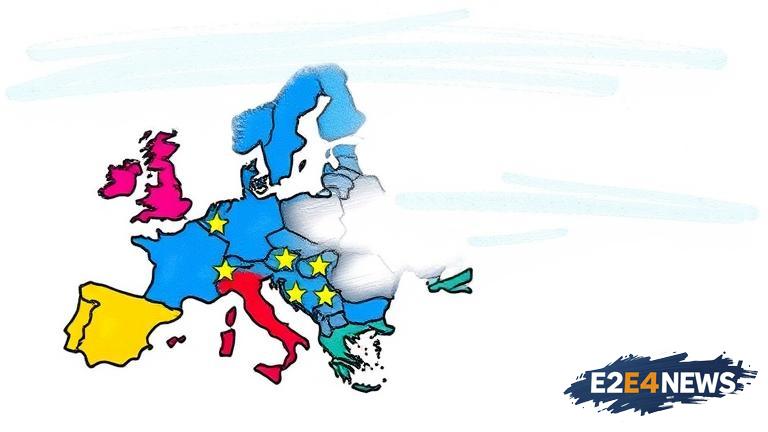The European Union has introduced the EU Accessibility Act 2025, a landmark legislation that seeks to enhance digital accessibility for individuals with disabilities. The act emphasizes the importance of adhering to the Web Content Accessibility Guidelines (WCAG) 2.1 AA standards, which provide a comprehensive framework for creating accessible digital content. As of 2025, all EU member states will be required to implement the act, ensuring that their digital services and products are accessible to everyone, including people with disabilities. The WCAG 2.1 AA guidelines cover a wide range of aspects, including perceivability, operability, and understandability. To achieve compliance, organizations must ensure that their digital content is accessible on various devices, including desktops, laptops, mobile phones, and tablets. This includes providing alternative text for images, closed captions for audio and video content, and ensuring that navigation is possible using only a keyboard. Furthermore, organizations must conduct regular accessibility audits to identify and address any accessibility issues. The EU Accessibility Act 2025 also introduces significant fines for non-compliance, which can be as high as 4% of an organization’s annual turnover. This emphasizes the importance of prioritizing digital accessibility and taking proactive steps to ensure compliance. The act applies to all organizations operating within the EU, including private companies, public sector entities, and non-profit organizations. In addition to the financial penalties, non-compliance can also damage an organization’s reputation and lead to legal action. To avoid these consequences, organizations should develop a comprehensive accessibility strategy that includes regular training for employees, accessibility testing, and the implementation of accessibility features. The EU Accessibility Act 2025 is a significant step towards creating a more inclusive digital environment, and organizations must take immediate action to ensure compliance. By prioritizing digital accessibility, organizations can not only avoid fines but also improve the overall user experience for all customers. The act also highlights the importance of accessibility in the procurement process, requiring organizations to consider accessibility when purchasing digital products and services. Moreover, the act emphasizes the need for organizations to provide accessibility statements, which outline their commitment to accessibility and provide information on how to report accessibility issues. The EU Accessibility Act 2025 is a call to action for all organizations operating within the EU, and it is essential that they take a proactive approach to ensuring digital accessibility. By doing so, organizations can demonstrate their commitment to inclusivity and social responsibility, while also avoiding the significant fines associated with non-compliance. The act is expected to have a significant impact on the digital landscape, driving innovation and improvement in accessibility features and technologies. As the deadline for compliance approaches, organizations must take immediate action to ensure that their digital services and products meet the WCAG 2.1 AA standards. This includes conducting accessibility audits, providing accessibility training, and implementing accessibility features. The EU Accessibility Act 2025 is a landmark legislation that has the potential to create a more inclusive digital environment, and organizations must prioritize digital accessibility to avoid significant fines and reputational damage.
